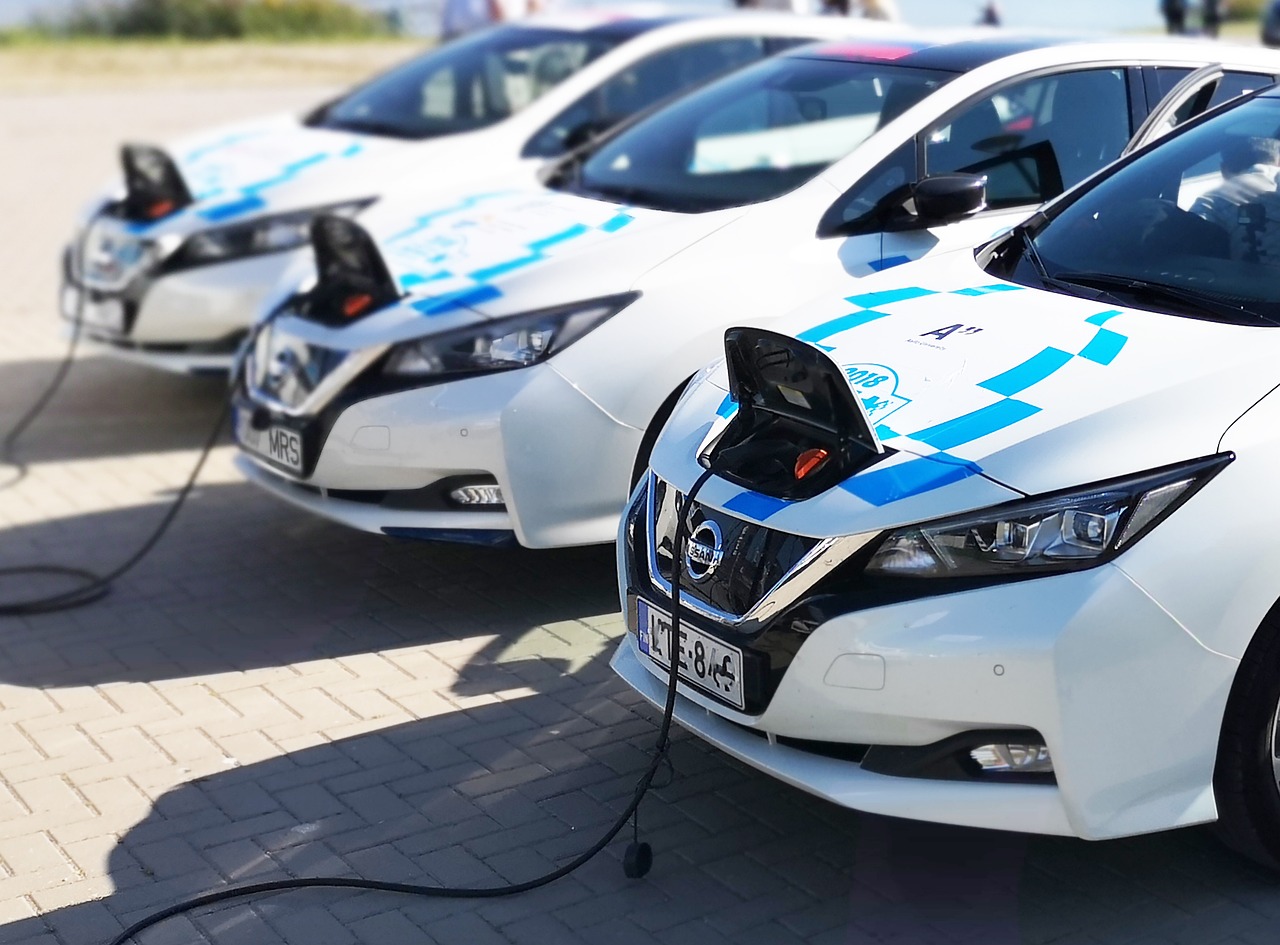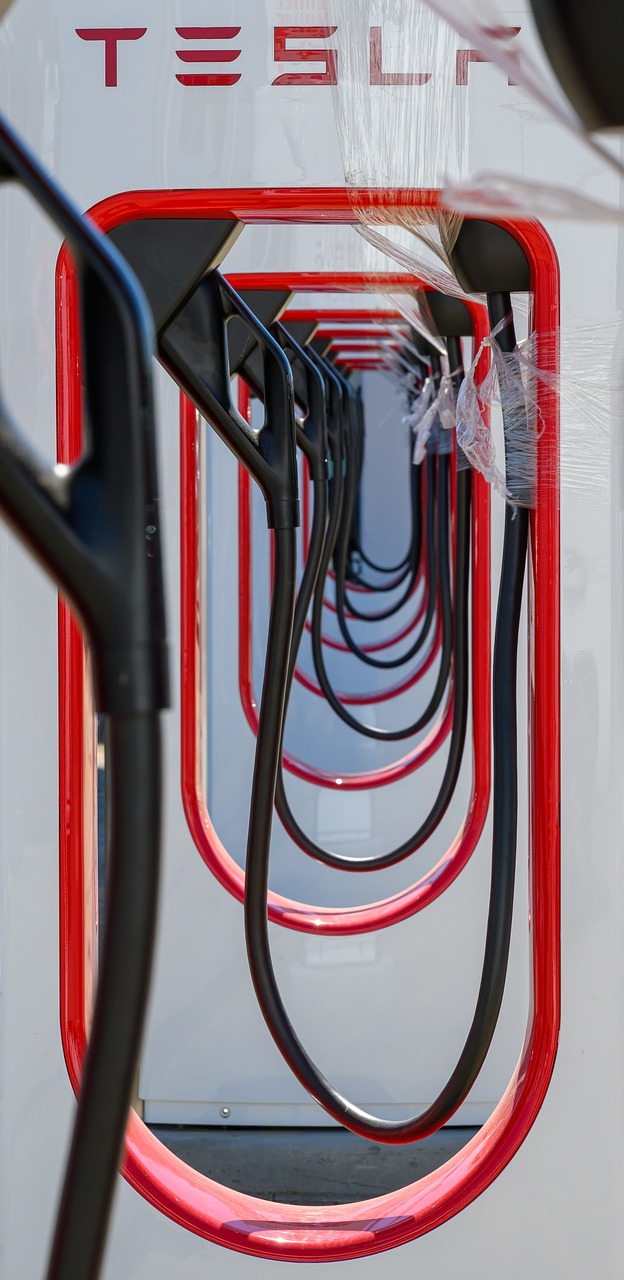A Comprehensive Guide to Different Types of EV Chargers: Choosing the Right One for Your Electric Vehicle.

Electric vehicles (EVs) are rapidly revolutionizing the automotive industry, offering eco-friendly transportation options. However, understanding the various types of EV chargers available is crucial for optimizing charging efficiency and convenience. From Level 1 to DC fast chargers, each charger type serves specific purposes and comes with its own set of advantages and limitations.
Level 1 Chargers: Basic Convenience
Level 1 chargers operate on a standard 120-volt household outlet. They are relatively slow, adding about 2-5 miles of range per hour. Perfect for overnight charging at home, Level 1 chargers are best suited for plug-in hybrids and certain electric cars.
Level 2 Chargers: Enhanced Speed and Practicality
Offering faster charging than Level 1, Level 2 chargers utilize 240 volts and provide 10-60 miles of range per hour, depending on their power output. These chargers require professional installation by an electrician and a dedicated circuit. Commonly found in residential settings, workplaces, and public charging stations, they are compatible with most EVs and plug-in hybrids.
DC Fast Chargers: Swift Charging on the Go
DC fast chargers, also known as Level 3 chargers, offer rapid charging, delivering 60-80% charge in around 20-30 minutes. Ideal for longer trips and quick top-ups on the road, they are strategically located along highways, commercial areas, and EV charging networks. It's important to note that not all EVs support DC fast charging, so compatibility should be verified beforehand.
Wireless Charging: The Future of Convenience
An emerging technology, wireless charging, operates without physical cables by transferring power from a charging pad to a receiver pad on the vehicle. Although convenient for daily use, wireless charging is generally slower than wired charging and is currently less common in the market.
Smart Chargers: Efficiency and Control
Equipped with smart features such as WiFi connectivity and smartphone apps, smart chargers allow users to monitor and control charging remotely. They enable scheduling charging sessions during off-peak hours for cost savings and offer load management to prevent overloading home circuits.
Portable Chargers: On-the-Go Convenience
Provided with the purchase of an electric vehicle, portable chargers are compact and convenient for emergency charging or while traveling without access to dedicated charging stations. They charge at a slower rate but serve as a reliable backup option.
Bi-Directional Chargers: Powering the Future
Bi-directional chargers, also known as V2G (Vehicle-to-Grid) or V2H (Vehicle-to-Home) chargers, enable EVs to discharge power back to the grid or power homes. This functionality enhances energy storage and distribution during peak demand or power outages, contributing to grid stability.
In conclusion, the choice of EV charger depends on individual needs, lifestyle, and vehicle specifications. Consider factors such as charging speed, installation requirements, compatibility, and future technology advancements when selecting the most suitable charger for your electric vehicle. As EV infrastructure continues to expand and evolve, staying informed about the available charger types empowers EV owners to make well-informed decisions for an efficient and seamless charging experience.

